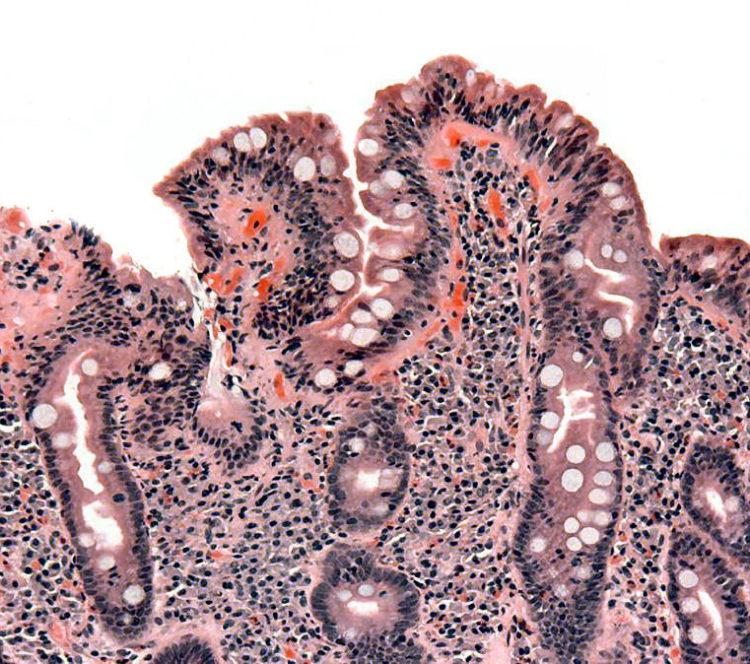

Or maybe there is a structural problem in your intestine that needs surgery to fix. For example, if medications could be causing SIBO, make a plan with your provider to adjust them. The first step is to find and treat the underlying cause, if known. While this test is easier, cheaper, and non-invasive, there is an increased risk of incorrect results. This measures the exhaled gas produced by bacteria after you ingest a carbohydrate, such as lactulose or glucose. The second testing option is a breath test. This was previously considered the most accurate way to diagnose SIBO, but it is an invasive procedure with risks. The first is with a sample from the intestine that can be tested for bacteria.

There are two main ways to diagnose SIBO. Vitamin B12 deficiency is also a common complication because it is normally absorbed in the small intestine. More severe symptoms may include nutritional deficiencies including low levels of fat-soluble vitamins (vitamin A, vitamin D, vitamin E, and vitamin K). SIBO can lead to increased gas production by the bacteria, and symptoms may include: However, when these systems don’t function well, SIBO can develop because of:ĭecreased production of stomach acid (this can happen with age, stress, or medications)Ĭertain medications, like proton pump inhibitors, antibiotics, or steroids, that can disrupt normal gut bacteriaĪnatomic abnormalities such as an intestinal obstruction, a fistula, or surgical removal of the intestineĪ slow-moving intestine, which might be cause by scleroderma or gastroparesis, for example Your body has natural systems in place that prevent the unhealthy overgrowth of bacteria in the small intestine. In fact, up to 80% of people with IBS may have SIBO, and research is looking into whether SIBO may cause IBS.

There are many possible causes of SIBO, and there is a lot of overlap between SIBO and other gastrointestinal disorders, such as IBS, Crohn’s disease, and celiac disease. You may have heard of healthy gut bacteria - so if bacteria are healthy, why is SIBO a problem? Most gut bacteria is present in the large intestine, where it serves many important functions, including helping with the immune system, digesting food, and making important vitamins and nutrients, such as short-chain fatty acids.īut when bacteria in the small intestine overgrows, or when bacteria moves from the large intestine into the small intestine, it can cause SIBO - and bothersome symptoms. Small intestinal bacterial overgrowth (SIBO) is when there is an overgrowth of bacteria in the small intestine that causes problems, such as pain, gas, or bloating. Small intestinal bacterial overgrowth defined SIBO can cause a wide array of symptoms, including gas, bloating, and even malnutrition. Although we don’t know exactly how many people have SIBO, we do know that SIBO is underdiagnosed, and that there is a big overlap of SIBO with other common gastrointestinal disorders, such as irritable bowel syndrome (IBS). Awareness and diagnosis of small intestinal bacterial overgrowth, or SIBO, is growing.


 0 kommentar(er)
0 kommentar(er)
